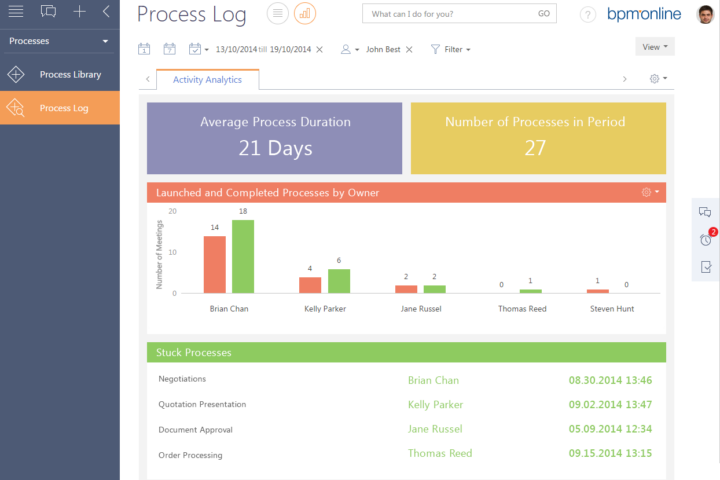One of the most common mistakes people make is believing that having solid work experience is enough to succeed in a certain industry. For instance, if you’ve worked for 20 years in marketing, it doesn’t mean that you have what it takes to start your own marketing agency. After all, running a business is more of an administrative task than anything else, which means that you have to develop an entirely different skill set in order to be an efficient employee.
Of course, getting some in-field experience can help you be more empathetic towards your employees and understand their point of view, as well as acquire knowledge about some niche-specific mechanics. In other words, even though starting at an entry-level job isn’t a prerequisite for your future success, it definitely comes with its own set of advantages. If you have the necessary know-how, it can make your transition into an employer much more efficient. Here are several tips you should definitely try to capitalize on.
1. Learn what Makes your Staff Tick
The greatest advantage of the employee-turned-entrepreneur is the fact that they can easily put themselves in the shoes of their staff. However, keep in mind that this isn’t something that comes naturally. The fact is that while most employees have a dream of becoming entrepreneurs themselves, a lot of them will never act upon this dream, at least not successfully. This makes you quite unique, which has a downside of not being able to completely understand the mentality of 9-to-5 working people.
As an ambitious person, you might be willing to work even if underpaid in order to acquire techniques that will come in handy later on but for most of your colleagues, their workday ends as soon as they walk out the office door.
Fraternization between employers and employees is not always genuine, which means that once you become the boss, you will get a distorted image of this situation, the one your subordinates want you to see. At the moment, nevertheless, you have a unique opportunity to see what makes your team tick. Keep in mind that this window of opportunity might soon close for you, which is why it’s paramount that you act on it immediately.
2. Adopting the Right Mindset
The most important thing you have to understand here is that becoming an entrepreneur isn’t something you should do on an impulse. As soon as you get your first job, you need to understand that this is just temporary. Needless to say, it’s something you’re doing in order to acquire resources or gain experience in a certain field. Knowing this will make you into an exemplary employee, seeing as how it will allow you to avoid the above-discussed 9-to-5 mentality.
The greatest difficulty of this approach is that it requires that you constantly invest more effort. You may feel that you’re overworked at the moment but once you start running your own company, you’ll see what it means to be busy on a completely different level. Therefore, now’s the right time to do all the market research and look into the paperwork and procedures required to set up a company.
3. Know your Capacities
The major problem of various employers is that they often have unrealistic expectations of their team’s performance. They either overestimate or underestimate the ability of their staff to get a certain job done in a limited time span. As an employee, you’ll know exactly how difficult a certain task is. Of course, you don’t have to look at your own abilities. You might be the most or the least proficient employee in the workplace but you’ll most likely be somewhere in the middle. Either way, you’ll be able to make the right estimate based on the majority of your coworkers.
Most importantly, you’ll learn about all the excuses and tricks in the book. According to the economics of productivity, only a small percentage of your employees are truly productive. By starting from the bottom, you’ll learn how to recognize these employees. Some people can make pretending to work into an art form but these tricks are more effective when presented to their employers than to their colleagues. Not having this experience under your belt can really be a deal breaker.
4. Networking
Another advantage that comes with starting your own company lies in the fact that you get a unique opportunity for networking. Not only are you constantly in touch with potential clients and partners but you also get to mingle with underappreciated talent. This means that once you start your own company, you’ll already have an impressive list of contacts to lean on. The greatest difficulty with this lies in the fact that a lot of people don’t look that far ahead. Therefore, they go ahead to make rivals and even enemies within the office, when they should be making future contacts.
In conclusion
In other words, starting from the entry-level and then progressing your way up the corporate ladder is not a straight line, but quite a steep path which you have to navigate the right way in order to become an entrepreneur. However, it’s also a great opportunity for you to tag along since it can indeed get you significantly closer to your target destination.



